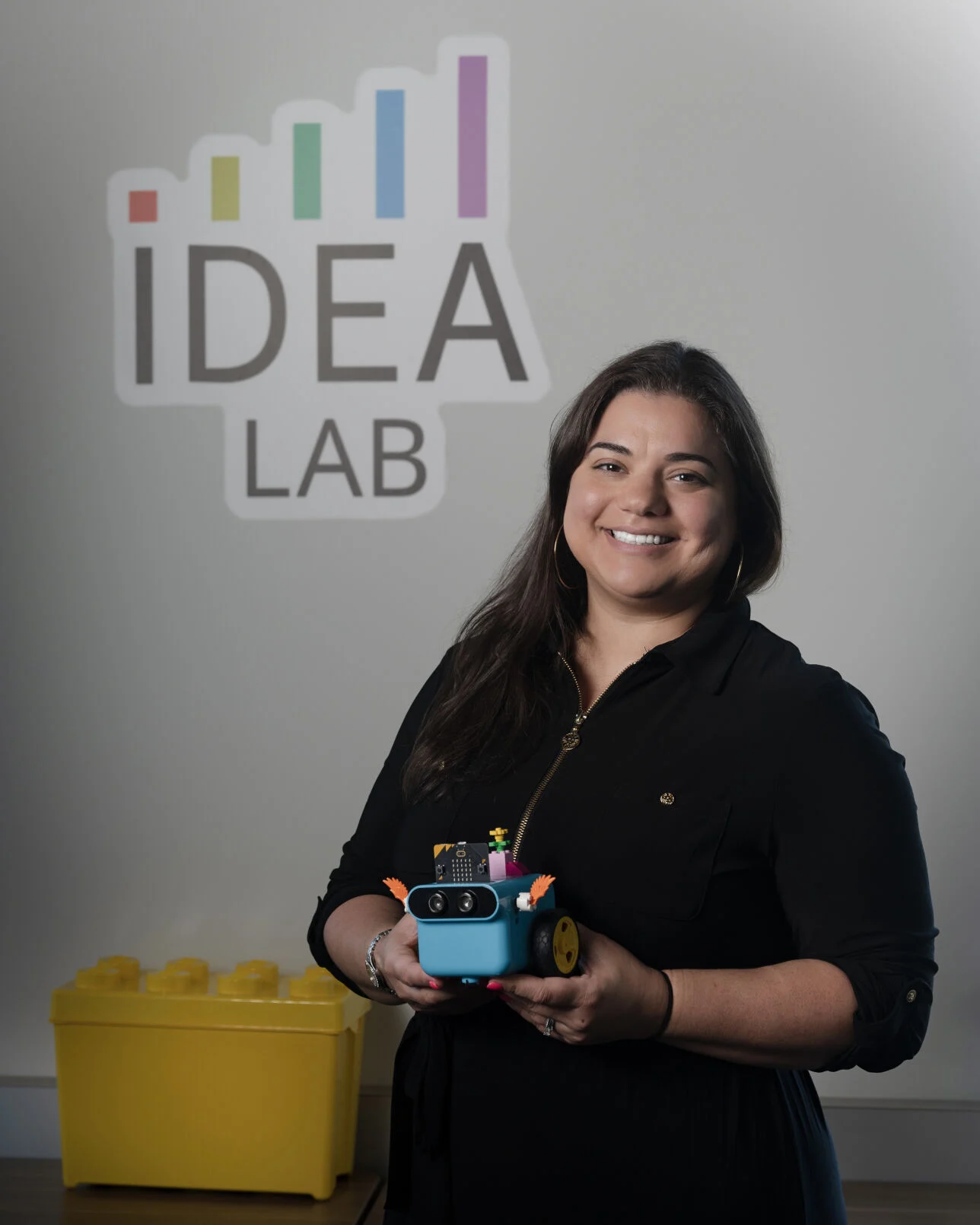Vanderbilt Researcher Uses Role-Playing Game to Explore How Kids Understand AI
 Artificial intelligence is transforming the world around us, but how do kids make sense of it? LIVE faculty member Dr. Golnaz Arastoopour Irgens is tackling that question through a creative and engaging approach: a role-playing game for fourth and fifth graders called S.P.O.T. (Solving Problems of Tomorrow).
Artificial intelligence is transforming the world around us, but how do kids make sense of it? LIVE faculty member Dr. Golnaz Arastoopour Irgens is tackling that question through a creative and engaging approach: a role-playing game for fourth and fifth graders called S.P.O.T. (Solving Problems of Tomorrow).
In the game, students act as time-traveling secret agents exploring how AI shapes the future. The project investigates how children think about AI, learn its ethical implications, and imagine its potential uses. Dr. Arastoopour Irgens emphasizes the importance of human-centered, socially conscious AI education and sees games as a powerful tool to foster storytelling, creativity, and critical thinking in young learners.
Her research highlights that kids are not only capable of grappling with complex AI concepts but often generate imaginative, socially aware solutions. By making the inner workings of AI more visible, she hopes to empower the next generation to ask the critical questions: who builds AI, who benefits from it, and who might be harmed.
As Dr. Arastoopour Irgens continues her search for new funding, she remains committed to integrating AI literacy into classrooms and encouraging students to see themselves as future innovators who can shape AI for social good.
Read more about Dr. Arastoopour Irgens work with S.P.O.T here. 